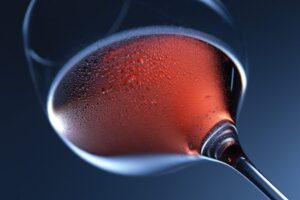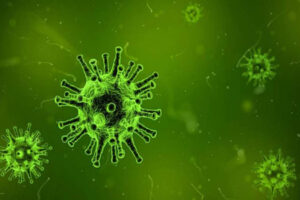I’ve always found the term “Dry Drunk” to be somewhat demeaning and derogatory. But it is commonly used in the rooms of A.A./N.A. Therefore, it is worth understanding its meanings and broader implications and applications.
Essentially, the term refers to being abstinent from drugs and alcohol without any other change (spiritual or otherwise) having occurred within oneself. It is the implementation of Step 1 without reaping the benefits of Steps 2 to 12. The “Dry Drunk” is therefore left without Honesty, Open-mindedness and Willingness. There is a pervasive lack of serenity. He/she is not “at ease”. He/she is restless and discontented. The necessary change in character/personality has not taken place.
Alcohol and drugs are not the disease itself, they are only symptoms of the disease. Steps 2-12 attack the disease itself and are therefore essential in preventing the “Dry Drunk” syndrome. If left untreated, “Dry Drunk” syndrome may eventually lead to a full-blown relapse with a return to alcohol and/or drugs.
Major features of the “Dry Drunk” syndrome are its extreme self-centeredness and its constellation of anger, irritability, discontentment and resentments. Thus, the issue of the “Dry Drunk” is similar to the topic “Recovery vs. Abstinence” discussed in Blog 39. Here as well, a thorough working of Steps 2 to 12 with a sponsor is essential, with a particular emphasis in this case on Steps 4 to 9 which address the dry drunk’s egocentricity and anger.
Other commonly found features of the “Dry Drunk” syndrome: a) “white knuckling” (barely remaining abstinent through sheer force of will and little else); b) lack of surrender and trust (which characterizes the non-acceptance of Steps 2 and 3); c) lack of commitment to the program; and d) reservations (for example, “when I get one year of sobriety under my belt, I can go back to drinking”).
The goal of Recovery is to be “happy, joyous and free”, the exact opposite of what we find in the “Dry Drunk”. “Happy, joyous and free” are all FEELINGS, not intellectual concepts. After all, our best THINKING got us into addiction in the first place! THINKING our way out of addiction won’t work. We now must try a new way. We need to FEEL our way out of addiction and into Recovery, with the help of our sponsor, the Steps and the rooms of Recovery.




Leave a Reply